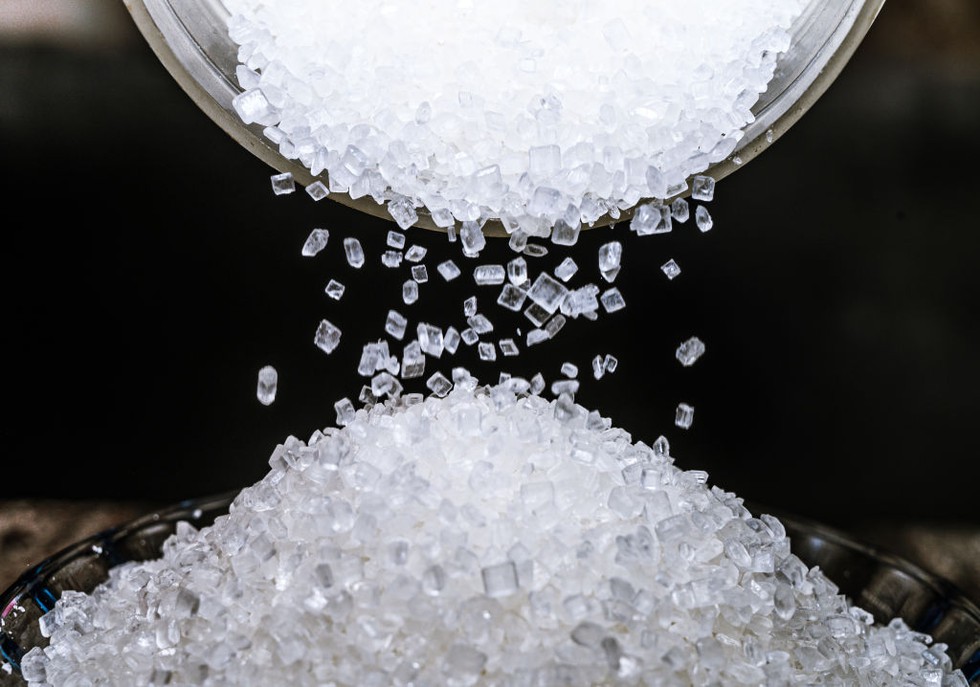
About Allulose:
In a departure from the government’s ...
Recently, a few companies have attemp...
A recent study highlights that keepin...
Recently, South Korea has become a to...
Recently, the Centre for Development ...
Recently, India and CARICOM held thei...
The Seventh Session of the Internatio...
Antonia, a cloned black-footed ferret...
Researchers have found a new species ...
Archaeologists have uncovered a 4,000...